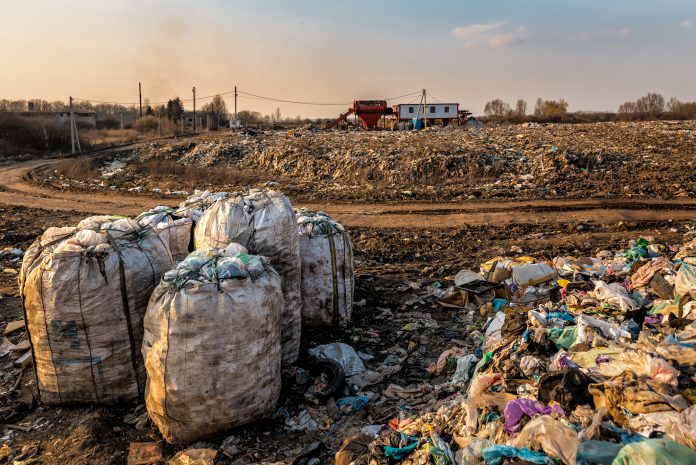Holding businesses accountable for their carbon footprint is key when addressing climate change, however, greenwashing allows companies to mislead consumers and is becoming a major problem
Greenwashing is when a company tactically uses advertising and public messaging to try to appear to be environmentally sustainable and green – greener than it really is.
This promotes fake solutions to the climate crisis, diverting people’s attention from the real and trustworthy efforts to combat it.
Greenwashing takes various forms, with some being more evident than others. These tactics include;
- Falsely asserting progress toward achieving net-zero emissions without a credible plan.
- Deliberately needing to be clearer or more specific about a company’s operations and materials.
- Misleading labels like “green” or “eco-friendly” are used without standardised definitions.
- Exaggerating minor improvements or presenting products meeting minimum regulations as highly superior.
- Overemphasising a single environmental aspect while neglecting other impacts.
- Claiming to avoid illegal or irrelevant practices unrelated to the product.
- Isolating and promoting a product’s sustainability features without considering broader brand activities.
How is greenwashing connected to climate change?
Greenhouse gas emissions, including carbon and methane, create a pollution layer around the Earth, caused by human activities.
This pollution only exacerbates global warming and contributes to severe consequences like heightened storms, prolonged droughts, increased floods, and more frequent wildfires.
To limit climate change and to preserve a sustainable planet, emissions must be reduced by 50% by 2030 and brought to a net zero by 2050.
Every increase in temperature is significant, as emphasised by the former chair of the High-Level Expert Group on the Net-Zero Emissions Commitments of Non-State Entities, “The planet cannot afford delays, excuses or more greenwashing.”
Greenwashing damages the trustworthy efforts made to cut emissions and confront climate change through misleading marketing and false claims of sustainability; greenwashing deceives customers, investors and the public. It hinders the trust, ambition and action needed to foster a sustainable and secure planet.
The Paris Agreement
Since the Paris Agreement was adopted in 2015, a growing number of companies have agreed to reduce their greenhouse gas emissions to net zero.
The forest would absorb any remaining emissions, the ocean and other carbon sinks.
These claims are usually based on questionable plans rather than actual emissions cuts. The transparency of these claims could lead to the failure to implement urgency-needed climate measures.
In response to the increase in deceptive practices related to net-zero commitments, the Secretary-General formed a High-Level Expert Group intending to create more robust and transparent guidelines for net-zero emissions pledges made by corporations, financial institutions, cities, and regions and accelerate their execution.
In the “Integrity Matters” report, the Expert group presented ten suggestions for trustworthy and responsible net zero commitments. These recommendations offer essential guidance through every phase of achieving net zero emissions and tackling the climate crisis.
Following reports, the UN Climate Change realised a Recognition and Accountability framework and a Preliminary Implementation Strategy to practically apply the expert group’s suggestions.
This aims to enhance transparency and optimise the credibility of climate action commitments, strategies and progress towards transitioning.
What you can do:
- Educate yourself and understand the common greenwashing tactics.
- Spend wisely, and choose products from companies responsible for resource usage and emissions reduction when possible.
- Consider the product lifecycle and the environmental consequences of its materials and packaging.
- Seek transparency and accountability, look for companies that meet their net-zero commitments.











